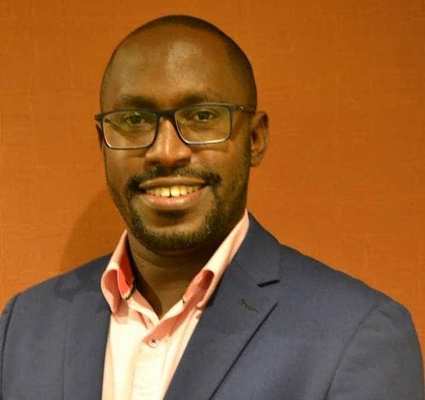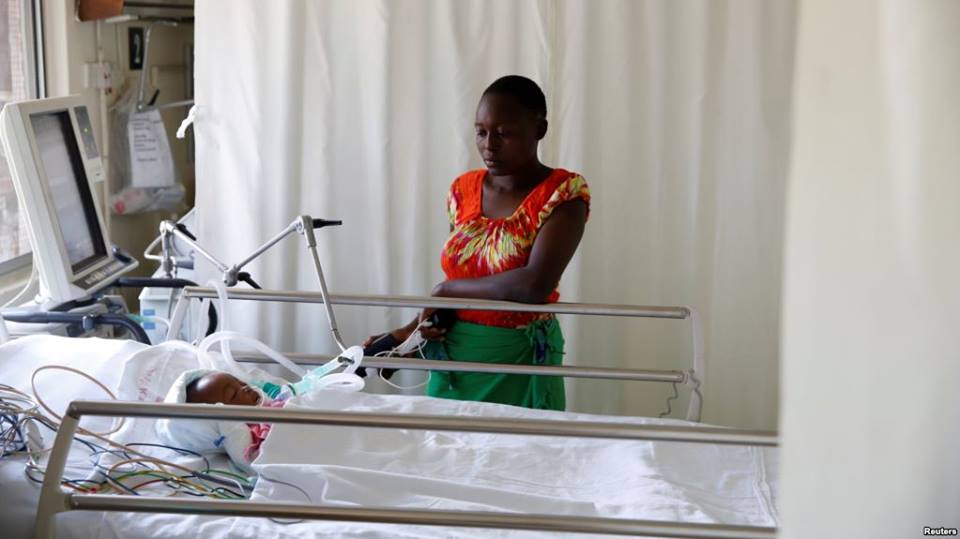By Ian Rumanyika
“Lesson number one is that a responsible brand or organisation should have a documented Business Continuity and Crisis Management plan to enable the business survive during and after any crisis and these should be customised to the particular business.”
Fact: no matter how well things are moving and well you prepared, the unexpected can always happen; Crises are a matter of when they will happen not if they will happen. Therefore, organisations or institutions should prepare for crises.
A crisis can be defined as the perception of an unpredictable event that threatens important expectancies of stakeholders related to health, safety, environment and economic issues and this can seriously impact an organisation or society and generate negative outcomes.
COVID-19 crisis is the king of crises.
What makes the COVID-19 crisis unique is that it is a health pandemic which has all the other crises mentioned intertwined. Everything on the planet will have either a positive or negative impact during and after this pandemic.
Lesson number one is that a responsible brand or organisation should have a documented Business Continuity and Crisis Management plan to enable the business survive during and after any crisis and these should be customised to the particular business.
From a communications perspective, it is important to note that a crisis creates an information gap.
You must have a crisis communication plan.
When a crisis happens, people or stakeholders immediately want to know more about the crisis event. What happened? Why did it happen? What risks will it create? How will it affect me?
The role of a smart communicator therefore is to locate the desired information and relay it in a simplified manner to the stakeholders.
Key to note is that for effective communication, PR professionals do not simply throw information to the stakeholders during a crisis. NO! They must relay information that is particular to the different stakeholders using the preferred channel by that stakeholder. I have written about the role of a PR professional during a crisis. I will share a link soon.
Leaders must acknowledge that preparing for a crisis doesn’t show weakness but it shows effective leadership because preparing is part of prevention and part of the preparation.
It is also important that once in a while organisations carry out real life simulations to test the viability of these crisis management strategies.
Now that we have a global pandemic crisis before us, the interesting questions (blame game) that happen when a crisis strikes comes to the fore; did you take lessons from the previous crises? How have you managed? Why didn’t they alert us?
So did the world leaders take lessons from the 1918 Spanish flu that killed more than 50m human beings? How about lessons from the Ebola crisis close to home.
#COVID19 started in a small city of Wuhan. It is now a global crisis; did the world pick the signals? Or it was a China problem, hoping it will be stopped by China.
In crisis management, we must be alert to the red flags whenever they start indicating. In short, the best way to manage a crisis is to prevent one.
Have you seen footage of President Bush, Bill Gates and President Obama (https://www.youtube.com/watch?v=oDHmXdcdShE) warning about a virus/disease that may come in the future?
Naive ones may be tempted to think probably these people had a ‘conspiracy’ as I have seen some people claim. This is how false prophets have hoodwinked people.
Imagine if President Obama came out to say he prophesied about this crisis because in the video he mentions about a pandemic that may hit America in five years or more and it is exactly 5 years. I guess he would have a huge following.
Far from prophecy, that is CRISIS DETECTION which happens with a deliberate effort of research and analyzes historical data of possible scenarios and preparing for them.
Therefore, responsible organisations & leaders invest in research to detect risks that may potentially hurt the brand or it’s people in future.
Every crisis has a warning sign before it happens called a SIGNAL, the reason we expect crisis management to be a daily management job to make sure a crisis doesn’t happen and if it happens we manage it better.
Therefore, crisis management demands that leaders put systems in place that will discover the warnings early enough and take actions to prevent the crisis from occurring or be better prepared when it does happen.
Remember the only medication to this crisis for now is to stay home and stay safe.
The author is a Communications and Marketing Consultant and host of PR Fundi Masterclass
Twitter/FB/Instagram: irumanyika #PRFundiMasterClass





